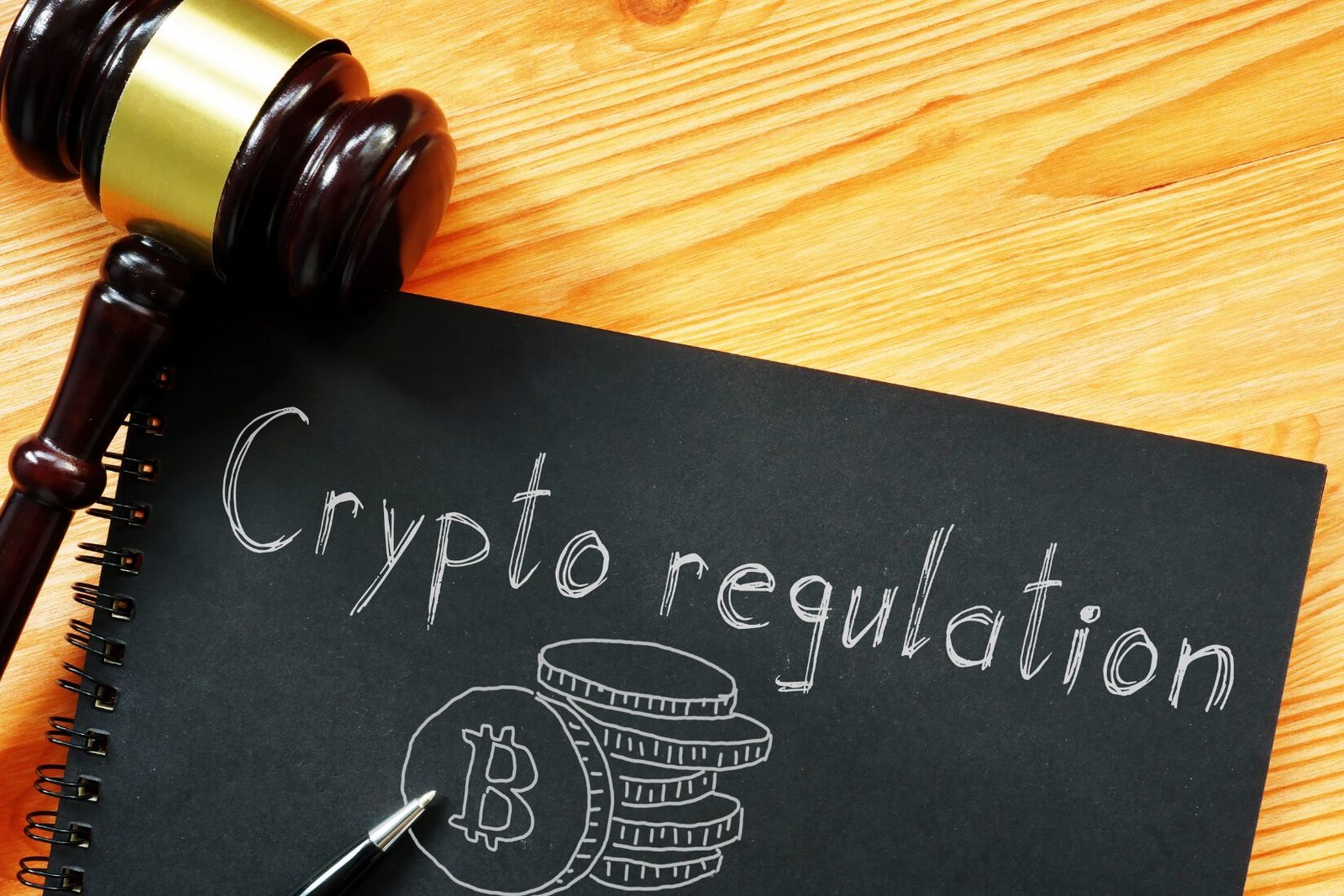Understanding MAS crypto regulations isn’t some side quest in Singapore—it’s becoming the starting point.
You could be a small team working on a token protocol, or an exchange with global ambitions. Either way, you’re going to run into the MAS framework sooner than you think.
Now, let’s be real: MAS isn’t trying to kill the industry. But it’s not just sitting back, either.
Why MAS crypto regulations Tightened Its Grip on Crypto: 2022 Was the Turning Point

Credit From: kaohooninternational
Back in 2022, things started to crack. Major platforms went under. Some froze withdrawals. Some lost billions. Investors were left stranded—and regulators everywhere were suddenly facing the same question: how did this get so far without guardrails?
Singapore took that moment seriously. MAS had already been tracking the space, holding consultations, issuing advisories. But after the wave of collapses, it stopped observing and started acting.
That’s when the Payment Services Act came into sharper focus—especially for firms offering digital payment token services. The idea wasn’t to block innovation. It was to draw a line: if you’re holding user assets or facilitating trades, you should be acting like a financial institution, not a tech startup still figuring things out.
So no, MAS didn’t declare war on crypto. But it made something very clear—if you’re building in public with people’s money, you’re now expected to earn trust in the same way banks do.
Licensing, Custody & Retail: Where the Real Work Starts

Once you accept that compliance is non-negotiable, the next step is figuring out what MAS actually expects.
To operate legally in Singapore, crypto companies must now apply for a Singapore crypto license. The process is stricter than it used to be. The days of running on exemptions while waiting for paperwork to clear are fading. MAS wants proof—of good governance, internal controls, and especially crypto custody standards.
For example, client assets must now be stored in segregated trust accounts, not commingled with operating funds. This aligns Singapore with global best practices, but for early-stage firms, it requires serious planning.
Retail protections are another focus. Offering lending or staking to everyday users? That’s likely off-limits under the new retail crypto trading regulation. And if you’re still unsure what counts as “retail,” MAS usually defines it as anyone who isn’t accredited—so, most of your users.
Here’s a breakdown of the before-and-after reality:
| Key Area | Previous Status | New MAS Expectation |
|---|---|---|
| Licensing | Exemptions allowed while applying | Full license required before full operations |
| Custody | Customer funds often pooled | Segregated trust accounts mandated |
| Retail Services | Free to offer staking/lending | Restricted; strong disclosures needed |
It’s not just about following rules. It’s about building infrastructure that survives stress.
MAS crypto regulations: Compliance That Doesn’t Kill Agility

Building a good Singapore crypto compliance process isn’t about checking boxes. It’s about creating a setup that lets you move fast without breaking things.
Start by mapping out how user funds flow through your system. Who touches them? What systems hold them? Can you show a clear line between platform operations and user balances? If you can’t answer that with certainty, MAS will flag it.
Then look at marketing. MAS has grown stricter about crypto advertising—phrases like “low-risk” or “guaranteed returns” are red flags. That includes influencer promos and social media copy, even if you think they’re informal.
Don’t wait for approval to build with discipline. Design your onboarding process with user understanding in mind. Many firms now include quizzes or knowledge checks to comply with MAS’s requirements around retail crypto trading regulation.
And when in doubt? MAS offers direct consultation windows. Use them. The earlier you ask, the fewer reworks later.
Singapore Isn’t Closing the Door. It’s Raising the Bar.

Here’s the thing about building in Singapore right now: compliance isn’t something you slap on after the product’s done. It’s part of the architecture.
Whether you’re aiming for a Singapore license, managing custody, or building a front-facing app for retail use, MAS crypto regulations are going to shape your path. The earlier you recognize that, the fewer surprises you’ll have down the road.
Yes, some rules feel heavy. The process isn’t fast. But that’s the trade-off—you’re building in a place where the government doesn’t just chase headlines, it sets standards.
And here’s where it gets interesting: those standards? They might slow you down at first. But they’re also what banks, institutions, and cautious investors are looking for. For the right kind of team, compliance becomes a moat.
So maybe don’t think of MAS crypto regulations as a barrier. Think of them as a pressure test. If your product breaks under regulatory scrutiny, it was going to break anyway. Better to know now than later.
Singapore hasn’t turned its back on crypto. It’s just asking tougher questions—and if you’re serious about what you’re building, you should be too.





